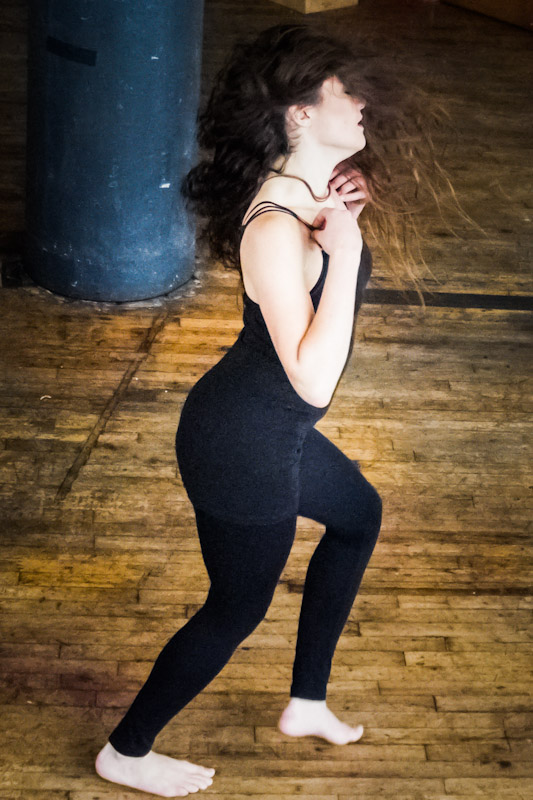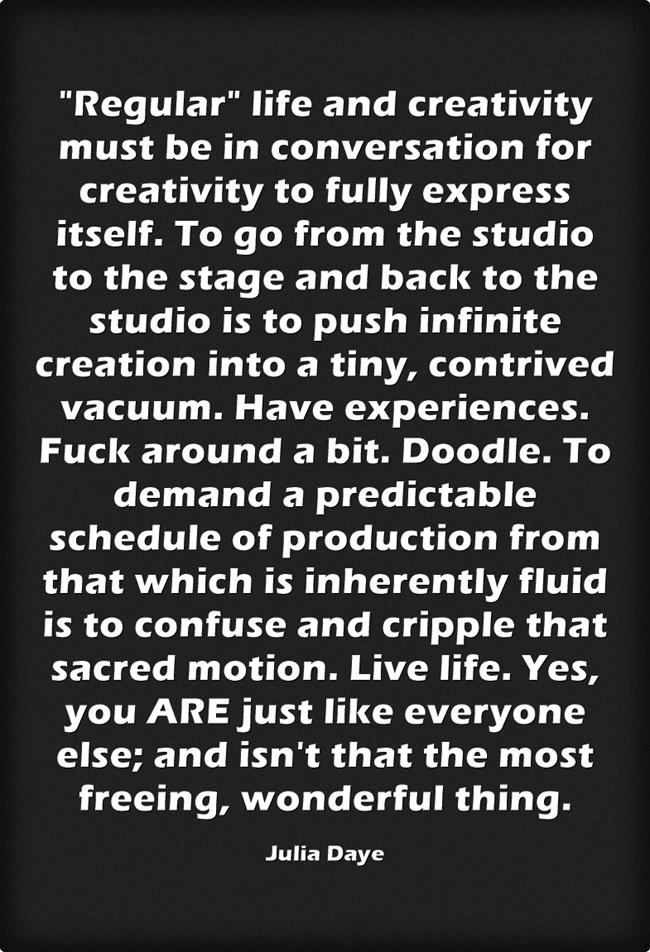Most of us know that we become good listeners by conscious practice. Listening is sacred, and curiosity about others is the most essential tool we have for learning and discovery. “We were born with two ears and one mouth for a reason,” an older journalist said to me the year I graduated college. His words stayed with me. But over the years I’ve noticed that sometimes, this practice, once honed well, has a bit of an unfortunate shadow, particularly in social settings.
If you are like me and simply love being around other people, there is a difficult pattern that we must be aware of. The value of active, open space-holding when it comes to others’ stories and narratives affords the potential for deep connection and authentic friendship, while also appearing to invite the most unwanted deluge of the “wrong” people’s frantic clamor for emotional profit. Those who practice active listening can often find themselves in situations with people who take advantage by way of sometimes-daily, non-reciprocal monologue, using the would-be conversational space as an ever-present repository for their own protracted verbalized processing without the thought of even once asking how the other person is doing. Although this is often unintentional on the part of the story-teller, it is, without a doubt, a genre of social monopoly.
We’ve all been there…on one side of that or the other. But here’s the obvious, but often forgotten truth: just because someone is a good listener does not make him or her an open receptacle for other people’s selfish monologuing. Though almost no conversational monologuing is ever done in malice–on the contrary, it’s often obliviousness or an extension of other antisocial behavior–it’s a woefully selfish habit. If this habit is one of yours, maybe try inserting this phrase–“And how are you?”–and then mustering some curiosity about the other person’s response. Ask a follow up question. Practice. Repeat. Yes, this is how we connect.
Of course, there are important exceptions to the usual antisocial nature of conversational monologuing that are actually quite appropriate. By trade, I am a journalist who interviews people for a living. In these settings, it’s natural and necessary that the person I’m speaking to express a lot more than I do for the duration of that conversation. But what brings me to this subject matter today is this dynamic showing up pretty often in my social and personal life as well.
If you are an open-hearted individual who continuously finds yourself on the receiving end of these monologueing circumstances, this is of course where the conversation about the limited nature of time and the essential need to practice boundaries arises. Removing yourself can still be respectful; “Thank you for sharing that with me,” or something to that effect will hopefully do.
Remember, kindness is gold, but your time is your life. Good Luck!
Julia Daye



